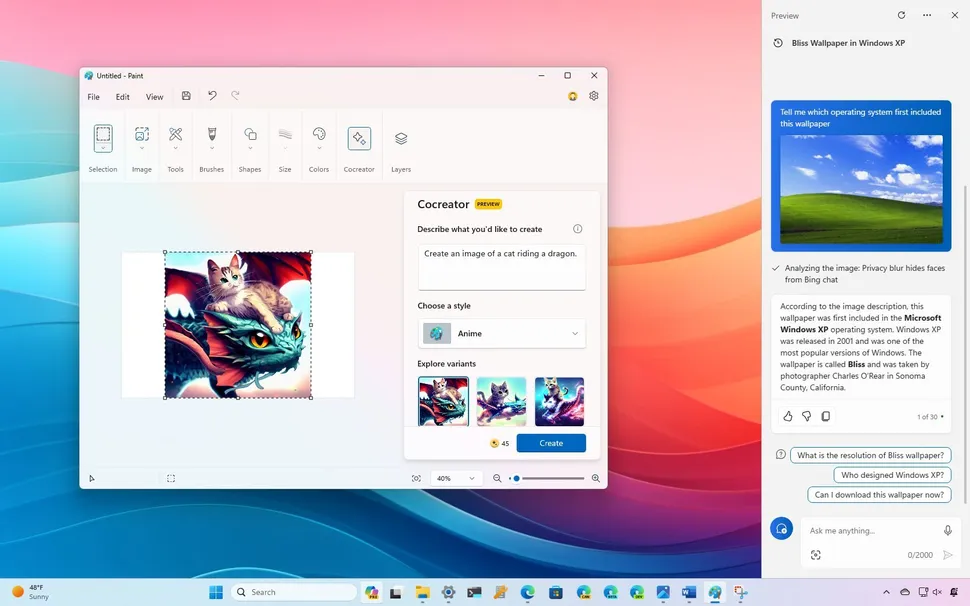The Dawn of AI-Powered Content Creation
Estimated reading time: 12 minutes
Key Takeaways
- AI content creation leverages algorithms to generate various forms of digital content, enhancing speed, efficiency, and scalability.
- Underlying technologies like NLP and deep learning enable AI to understand context and produce coherent text.
- AI tools span text generation, image creation, video production, and audio manipulation, significantly aiding content creators.
- Key benefits include overcoming writer’s block, automating tasks, and enabling rapid content scaling.
- AI revolutionizes SEO by assisting with keyword research, content optimization, and personalization.
- Artificial intelligence marketing uses AI-generated content for targeted advertising and automated campaign management, improving ROI.
- The future promises hyper-personalization, multimodal content, and increasingly sophisticated AI outputs, alongside ethical considerations.
Table of contents
- The Dawn of AI-Powered Content Creation
- Key Takeaways
- Understanding the Rise of AI in Content Creation
- Deep Dive into AI Writing Capabilities
- Revolutionizing Your SEO Content Strategy with AI
- The Power of Artificial Intelligence Marketing
- Gazing into the Future of Content with AI
- Final Thoughts on AI Content Creation
- Frequently Asked Questions
The digital landscape is in a state of constant, rapid evolution. Content creation, once a purely human endeavor, is now being profoundly reshped by the transformative power of artificial intelligence. Welcome to the era where algorithms don’t just assist, but actively *create*.
At its core, **AI content creation** refers to the process by which software and complex algorithms generate written, visual, audio, or video content. These intelligent systems are designed to mimic human creativity and understanding, automating and enhancing the production of digital assets for a myriad of purposes, primarily in marketing and communication. The core functionalities revolve around automation, sophisticated pattern recognition, and the ability to synthesize information into novel outputs.

Why is **AI content creation** such a dominant topic today? The answer lies in its remarkable ability to deliver unprecedented levels of **speed, efficiency**, and **scalability**. From crafting compelling blog posts and persuasive marketing copy to generating engaging social media updates and even complex visual assets, AI is proving its worth. This surge in AI’s capability is not merely a supporting act; it’s a driving force, fundamentally altering how content is conceived, produced, and distributed. The influence of **artificial intelligence marketing** is undeniable, positioning AI as a pivotal player in shaping the future of content creation and consumption. This revolution is not just coming; it’s already here, promising a new paradigm for anyone involved in the creation and dissemination of digital information.
Understanding the Rise of AI in Content Creation
The impressive capabilities of AI-powered writing tools and content generators are not magic; they are built upon sophisticated technological foundations. At the heart of this revolution lie several key technologies:

* Natural Language Processing (NLP): This field of artificial intelligence enables machines to understand, interpret, and generate human language. NLP is crucial for AI to grasp context, sentiment, and nuances within text, allowing it to respond and create in a way that feels natural and coherent.
* Deep Learning: A subset of machine learning, deep learning utilizes artificial neural networks with multiple layers to process complex patterns in data. This allows AI models to learn from vast amounts of text and information, improving their ability to generate human-like content.
* Generative Models: These are AI models specifically designed to create new data that resembles the data they were trained on. Models like Generative Pre-trained Transformers (GPT) are prime examples, capable of producing text, images, and more based on prompts and learned patterns.
These technologies work in concert to allow AI to not only process existing information but also to generate entirely new, contextually relevant, and often creative content. This underpins the diverse range of **AI content creation tools** available today, which can be broadly categorized:
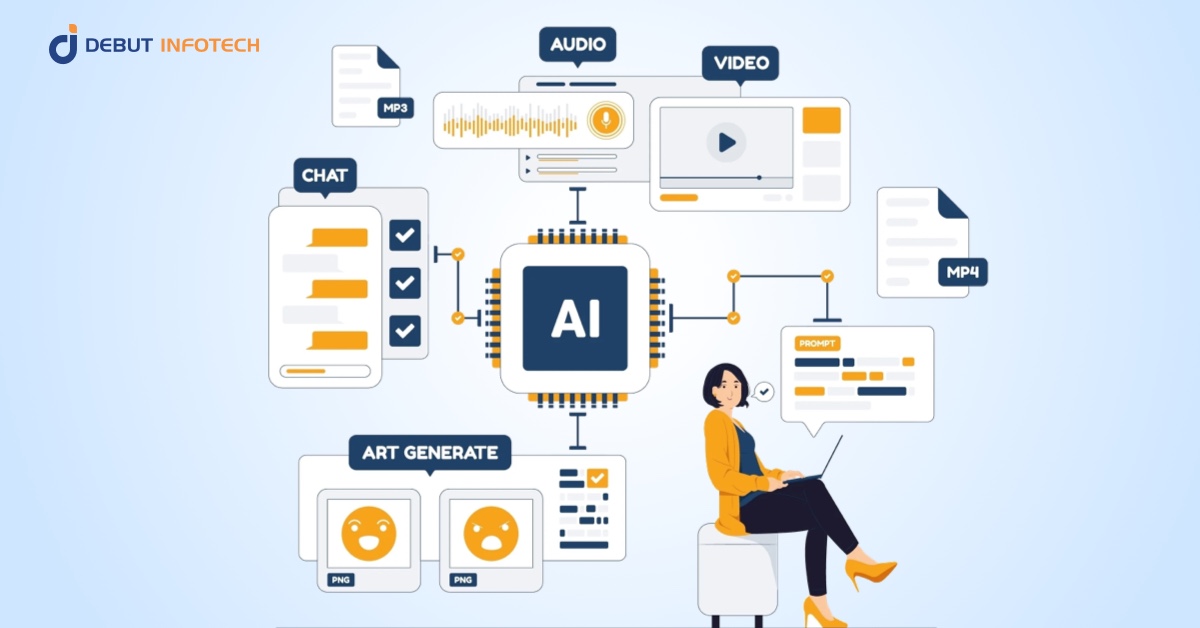
Text Generators: These are perhaps the most widely recognized AI content tools. Platforms such as ChatGPT, Jasper, and Claude excel at producing outlines, drafting articles, writing marketing copy, and even generating creative stories. They leverage advanced NLP to understand prompts and generate fluent, coherent text.
Image Creators: The visual content revolution is also powered by AI. Tools like Midjourney, Canva Magic Studio, and GPT-4o can transform textual descriptions into stunning visuals, illustrations, and graphics. This capability drastically speeds up the process of sourcing or creating unique imagery for any project.
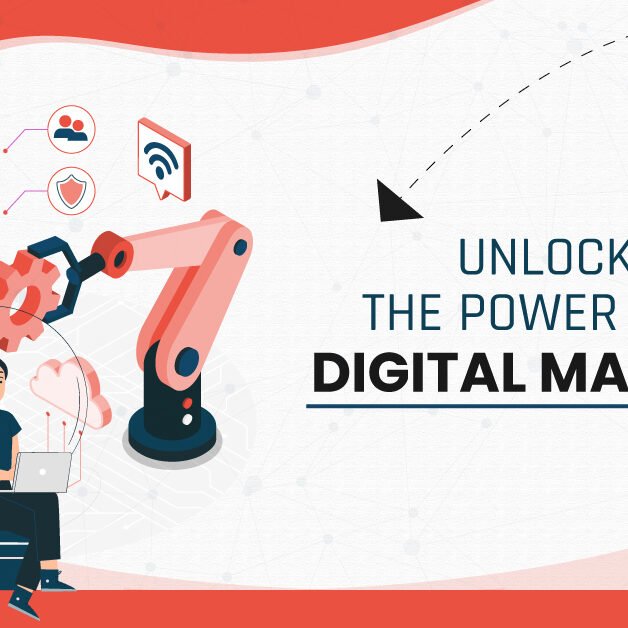
Video Generators: AI is making video production more accessible than ever. Platforms like Lumen5, Synthesia, Google Veo, and Crayo can convert text scripts or even simple concepts into video content. This is invaluable for creating engaging social media clips, explainer videos, or personalized marketing messages.
Audio Tools: From voiceovers to music creation, AI is making inroads into audio production. Software such as Descript, LALAL.AI, and ElevenLabs offer capabilities for editing existing audio, transcribing speech, and even synthesizing realistic voice content, which can be used for podcasts, audiobooks, or virtual assistants.
The adoption of these tools is driven by a set of compelling benefits that address common pain points in content creation:
- Speed: AI can draft and refine content in a fraction of the time it takes a human, significantly accelerating production cycles.
- Efficiency: Repetitive tasks, complex formatting, and initial research can be automated, freeing up human creators to focus on higher-level strategy and creativity.
- Scalability: Need to produce hundreds of product descriptions or social media posts? AI can handle large volumes of content generation with ease.
- Overcoming Writer’s Block: When inspiration runs dry, AI can provide starting points, suggest ideas, and help brainstorm content, acting as a powerful creative partner.

These advancements are not isolated incidents but part of a broader technological wave. The continuous development of AI technologies promises to further revolutionize how we interact with and create digital content.
Deep Dive into AI Writing Capabilities
When we talk about **AI writing** tools, we’re referring to a sophisticated suite of functionalities that go far beyond simple text generation. These tools are designed to assist and augment human writers across the entire content creation workflow. Let’s explore some of their specific capabilities:
- Generating Blog Post Outlines and Drafts: For long-form content like blog posts or articles, AI tools like Jasper and Claude can be instrumental. They can help structure an article by creating detailed outlines, suggesting headings, and even generating initial drafts of sections, providing a solid foundation for human writers to build upon.
- Writing Product Descriptions and Social Media Posts: E-commerce and social media require a constant stream of concise, engaging copy. Platforms such as Copy.ai, Rytr, and Ocoya are specifically designed to generate fast, tailored copy for product listings, ad creatives, and social media updates, ensuring consistency and relevance for different platforms.
- Summarizing Long-Form Content: In an age of information overload, quickly distilling key insights is vital. Tools like HubSpot AI and ChatGPT can condense lengthy articles, reports, or research papers into concise summaries, making complex information more accessible and shareable across various platforms.
- Improving Grammar and Style: Beyond just catching typos, AI-powered editing tools like Grammarly and Hemingway go a long way in refining writing. They can suggest improvements to clarity, tone, sentence structure, and overall readability, helping content align with brand voice and best practices.
- Translating Content: For global reach, translation is key. AI tools such as ChatGPT and DeepL offer increasingly accurate and nuanced translations, facilitating multi-language publishing and allowing content to connect with a broader audience.
- Repurposing Content: Maximizing the value of existing content is a smart strategy. AI tools facilitate this by transforming content from one format to another. For instance, Lumen5 can turn blog posts into engaging videos, while Descript or Recast Studio can extract short, shareable clips from webinars or podcasts for social media distribution.
- Keyword Research and SEO Assistance: Search engine optimization is critical for content visibility. Tools like Surfer SEO and NeuronWriter leverage AI to identify relevant keywords, analyze search intent, and suggest topics that are likely to perform well, helping content creators optimize their strategy from the outset.

To illustrate these capabilities further, consider some practical examples:
* HubSpot AI offers a comprehensive suite of features, including the automation of blog and email drafts, seamless content repurposing, and efficient social post generation. This allows marketing teams to streamline their workflows significantly.
* Brandwell.ai stands out for its ability to produce long-form, thoroughly researched blog posts with minimal human input. It also enhances SEO through intelligent internal linking and content optimization, demonstrating a sophisticated understanding of both writing and search engine best practices.

These examples highlight how AI is not just a tool for generating text but a strategic partner that can enhance the quality, reach, and efficiency of content creation across various channels and formats. The continuous innovation in this space suggests even more powerful applications are on the horizon.
Revolutionizing Your SEO Content Strategy with AI
In the competitive digital arena, an effective **SEO content strategy** is paramount for visibility and success. Artificial intelligence is emerging as a powerful ally, poised to revolutionize how businesses approach search engine optimization. AI can transform traditional SEO practices by introducing data-driven insights, enhanced efficiency, and unprecedented personalization.
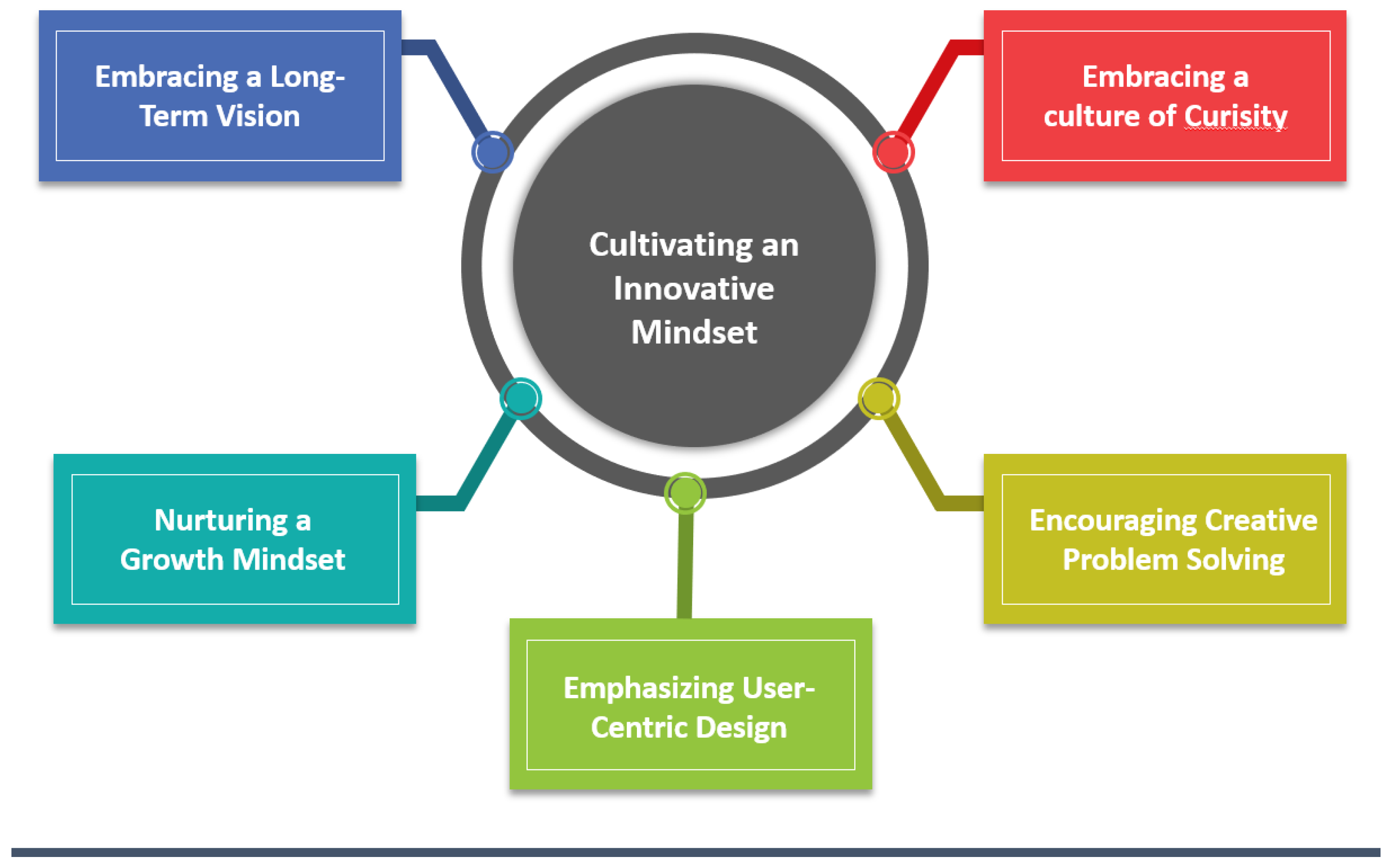
Here’s how AI can revolutionize your **SEO content strategy**:
- Assisting with Keyword Research and Topic Generation: Gone are the days of solely relying on manual keyword analysis. Platforms like Surfer SEO and NeuronWriter utilize AI to analyze vast datasets, identify trending keywords, understand user search intent, and suggest compelling topics that align with audience interests and search engine algorithms. This ensures your content targets relevant queries effectively.
- Enhancing Content Optimization: AI tools can go beyond simple keyword placement. They can analyze top-ranking content for specific keywords and provide detailed recommendations on how to improve your own content’s structure, readability, and topical depth to better match search engine expectations and user needs. This data-driven approach aims to improve search engine rankings (SERP) and drive more organic traffic.
- Enabling Personalization of Content at Scale: One of AI’s most significant contributions is its ability to tailor content for specific audience segments. Whether it’s customizing email campaigns based on user behavior or dynamically adjusting website content for different visitor profiles, AI allows for a level of personalization that was previously unachievable at scale, leading to higher engagement and conversion rates.
- Facilitating Analysis of Content Performance: Understanding how your content performs is crucial for ongoing improvement. AI can process analytics data to identify patterns, uncover content gaps, and provide actionable insights into what’s working and what’s not. This data-driven feedback loop allows for continuous refinement of your content strategy.

However, while AI offers immense power, it is critical to remember that **human oversight** remains indispensable. AI-generated content, while often impressive, can sometimes lack the nuance, original thought, or specific brand voice that a human writer provides. Therefore, rigorous editing and fact-checking by human experts are essential to ensure content quality, maintain authenticity, and prevent the dissemination of inaccurate or generic output. The synergy between AI’s processing power and human creativity and critical judgment is key to unlocking the full potential of SEO content strategies.
By embracing AI, businesses can move beyond guesswork, creating content that is not only optimized for search engines but also genuinely valuable and relevant to their target audience. This strategic integration of AI is paving the way for more effective, data-driven, and ultimately successful SEO efforts.
The Power of Artificial Intelligence Marketing
The integration of AI into marketing strategies, often referred to as **artificial intelligence marketing**, is transforming how brands connect with their audiences. AI-generated content serves as a powerful tool within this ecosystem, enhancing various marketing functions and driving more effective campaigns.
Let’s explore how AI leverages its content capabilities to supercharge marketing efforts:
- Targeted Advertising: AI excels at analyzing vast amounts of consumer data to identify patterns, preferences, and behaviors. This allows for the creation of highly personalized ad messaging tailored to niche audiences. Furthermore, AI can automate the delivery and optimization of these campaigns in real-time, ensuring that ads are shown to the most receptive individuals at the most opportune moments.
- Customer Journeys: Engaging customers throughout their journey requires relevant and timely communication. AI can dynamically adapt content across various touchpoints—from website interactions to email sequences—to cater to individual preferences and where they are in their buying process. This dynamic content adaptation leads to a more personalized and engaging customer experience, fostering stronger relationships and higher conversion rates.
- Automated Campaign Management: The complexities of modern marketing campaigns can be significantly simplified by AI. AI tools can monitor campaign performance in real-time, identify trends, reallocate resources for maximum impact, and generate comprehensive reports. This automation frees up marketing teams from tedious manual tasks, allowing them to focus on strategic planning and creative development.

The strategic adoption of AI content creation within marketing is not just about efficiency; it’s about achieving superior results. Brands that effectively utilize AI-generated content often experience more effective, data-driven **marketing campaigns**. This enhanced precision and optimization typically translates into a significantly improved return on investment (ROI), as marketing efforts become more targeted, personalized, and impactful.
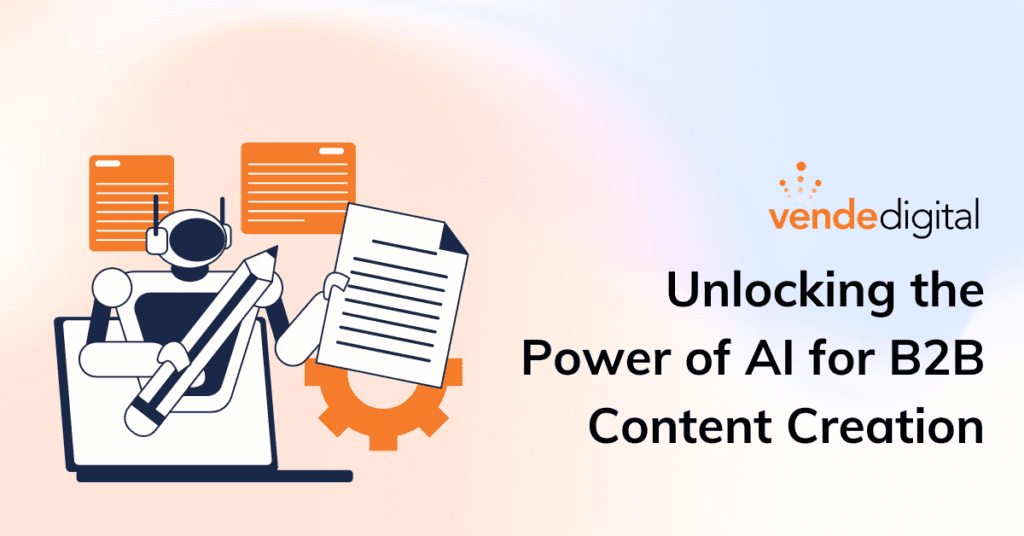
As AI continues to evolve, its role in marketing will only expand, promising even more sophisticated ways for brands to connect with consumers and drive business growth through intelligent, data-backed content strategies.
Gazing into the Future of Content with AI
The trajectory of AI in content creation points towards a future that is both exciting and transformative. As the technology matures, we can anticipate profound shifts in how content is generated, consumed, and experienced. Several key trends are shaping this vision:

- Hyper-personalization: Imagine content that is not just tailored to a demographic, but to your individual tastes, moods, and real-time needs. AI is moving towards this level of hyper-personalization, where every piece of content—from news articles to entertainment—could be dynamically adjusted to resonate perfectly with the individual consumer.
- Multimodal Content Generation: The lines between text, image, audio, and video are blurring thanks to AI. Tools like Synthesia, which creates AI-generated videos from text, and emerging platforms like Google Veo are pushing the boundaries of multimodal content. The future likely holds tools that can seamlessly integrate these different formats, creating richer, more immersive, and interactive content experiences that go beyond current capabilities.
- Advancements in Quality and Originality: While concerns about the originality of AI content persist, developers are actively working to improve its quality and distinctiveness. Platforms like Brandwell.ai are aiming to produce content that not only rivals human output in quality but also possesses an authentic voice and can potentially bypass AI detection measures, making it indistinguishable from human-created work.
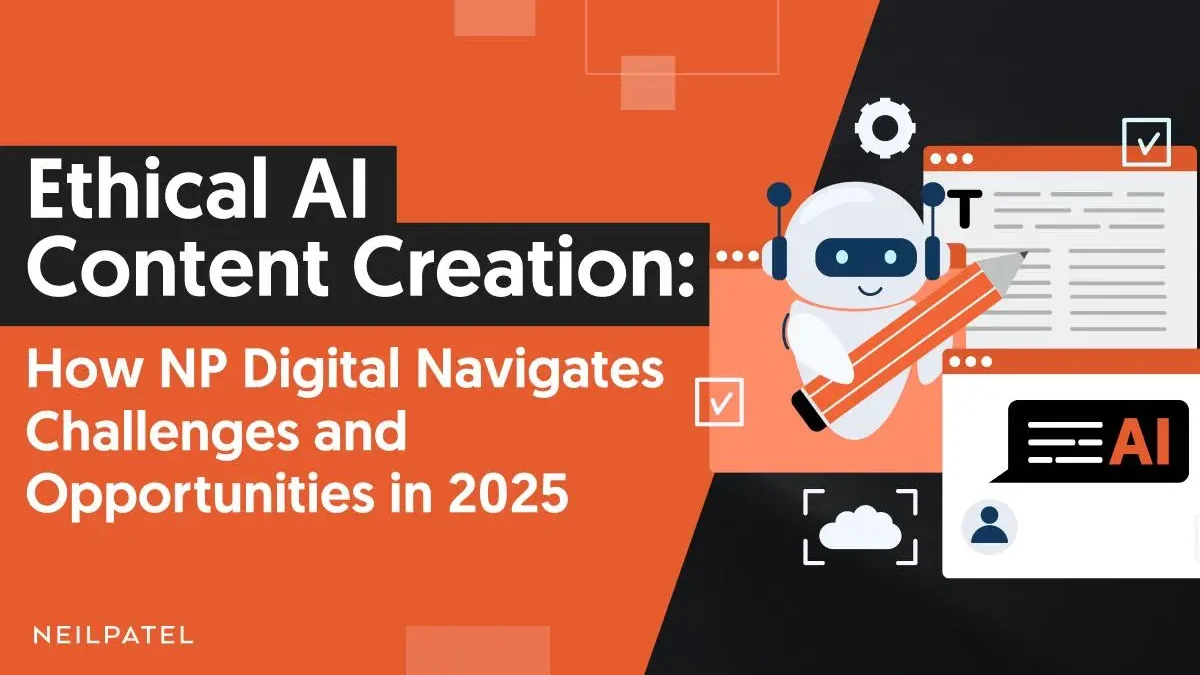
Alongside these advancements come critical considerations and potential challenges that the industry must address:
- Originality in AI-Generated Content: As AI becomes more adept at synthesizing information, questions around genuine originality and intellectual property will become more prominent. Ensuring that AI-generated content adds unique value rather than simply rephrasing existing material is a key challenge.
- The Risk of Misinformation: The ability of AI to generate content at scale also poses a risk for the rapid spread of misinformation or “fake news.” Developing robust detection mechanisms and ethical guidelines will be crucial to combat this potential downside.
- Implications of Job Displacement: The increasing capabilities of AI in creative fields naturally raise concerns about job displacement for writers, designers, and other content creators. Adapting to an AI-augmented workflow and focusing on skills that AI cannot replicate, such as strategic thinking and emotional intelligence, will be essential for professionals.
Despite these challenges, it’s important to reiterate that human creativity, critical thinking, and strategic oversight will remain indispensable. AI is a powerful tool, but it’s the human element that guides its application, imbues content with true meaning, and ensures ethical and responsible use. The future of content creation lies in this symbiotic relationship between human ingenuity and artificial intelligence.
Final Thoughts on AI Content Creation
The journey into **AI content creation** reveals a landscape brimming with innovation and potential. We’ve explored how these intelligent systems are not just tools but transformative forces, offering significant gains in efficiency, speed, and scalability for digital writing and marketing efforts. The ability of AI to handle complex tasks, generate diverse content formats, and assist in strategic planning marks a pivotal moment in the evolution of content production.
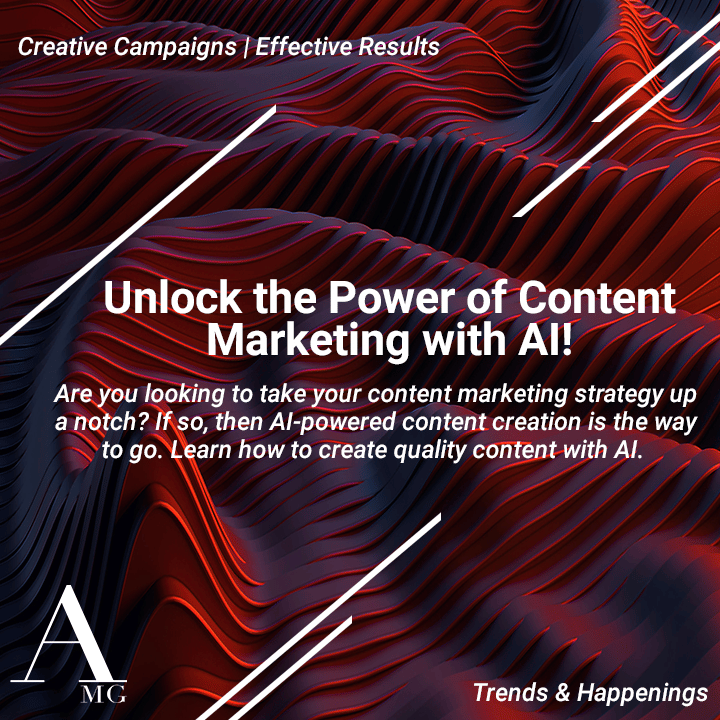
As we look ahead, the evolving relationship between human expertise and machine intelligence will undoubtedly continue to shape the industry. The future is not about AI replacing humans, but rather about humans leveraging AI to achieve new heights of creativity and productivity. For content professionals, this means actively engaging with AI tools, embracing continuous learning, and applying a strategic, critical lens to harness the power of artificial intelligence for marketing success.
The opportunities are vast, and the impact is already being felt across industries. Content creators are encouraged to experiment, adapt, and integrate AI into their workflows to stay ahead in this dynamic digital world.
Frequently Asked Questions
- What is AI content creation?
AI content creation is the use of artificial intelligence technologies, such as machine learning and natural language processing, to generate various forms of digital content, including text, images, audio, and video.
- What are the main benefits of using AI for content creation?
The primary benefits include significantly increased speed and efficiency in content production, the ability to scale content output rapidly, and assistance in overcoming creative blocks.
- Can AI replace human content creators?
While AI can automate many tasks and generate content, human creativity, critical thinking, strategic oversight, and emotional intelligence remain crucial. AI is best viewed as a powerful tool to augment human capabilities rather than a complete replacement.
- How can AI improve SEO content strategy?
AI can revolutionize SEO by assisting with in-depth keyword research and topic generation, optimizing content for search engines, enabling personalized content delivery at scale, and providing data-driven analysis of content performance.
- What are some examples of AI content creation tools?
Examples include text generators like ChatGPT and Jasper, image creators like Midjourney, video generators like Synthesia and Lumen5, and audio tools like ElevenLabs.
- What are the future trends in AI content creation?
Future trends include hyper-personalization of content, advancements in multimodal content generation (integrating text, image, audio, video), and improvements in the quality and perceived originality of AI-generated outputs.
- What ethical considerations are associated with AI content creation?
Ethical considerations include ensuring originality, preventing the spread of misinformation, addressing potential job displacement for human creators, and maintaining transparency about AI usage.





